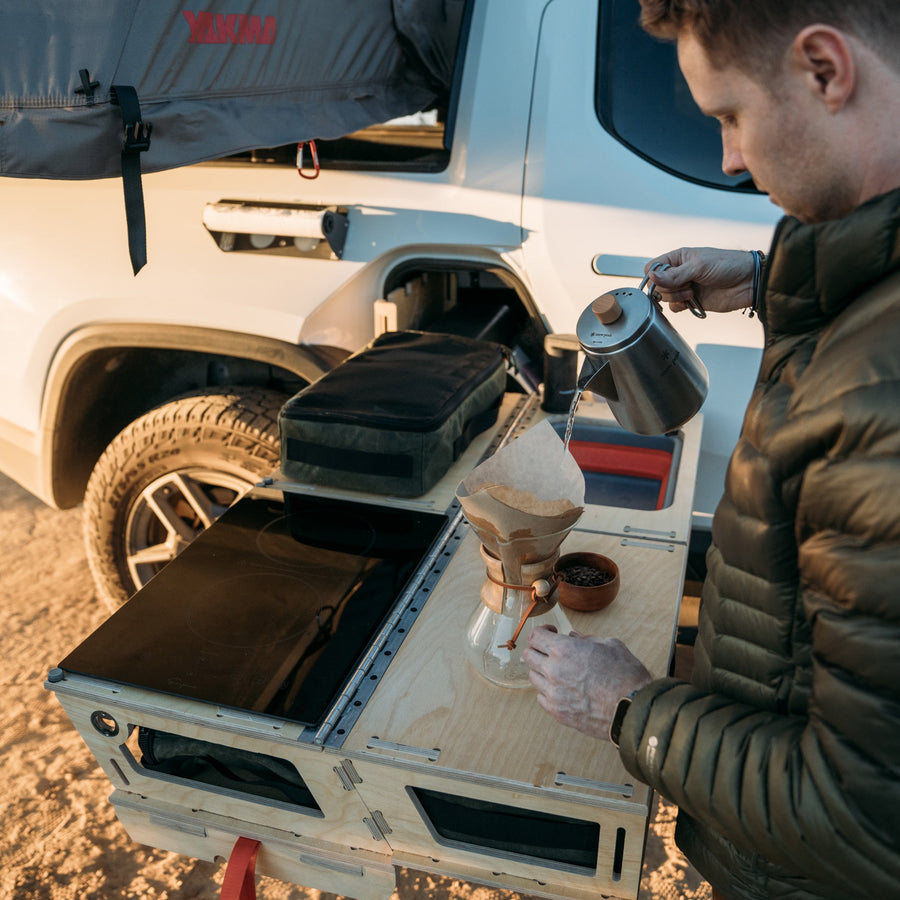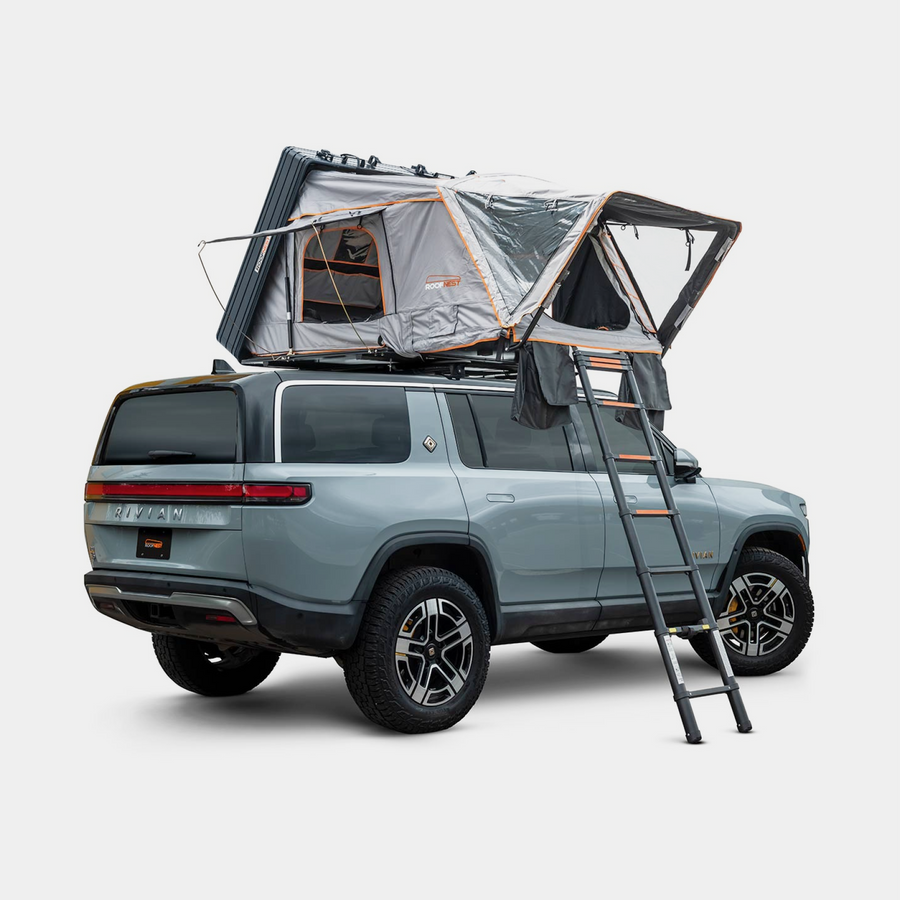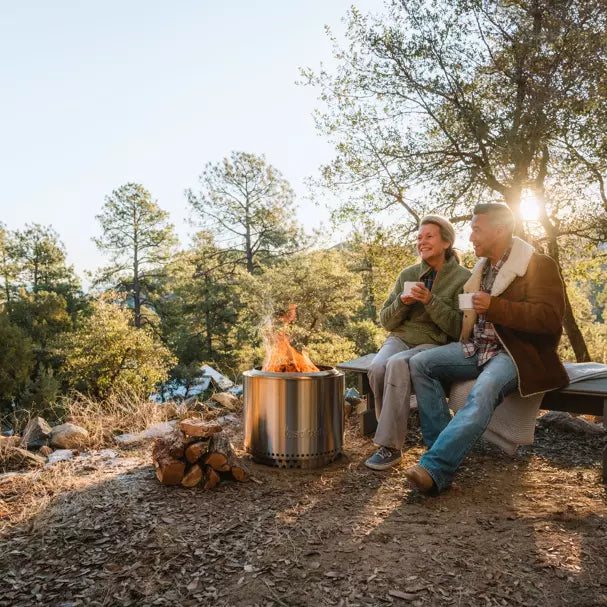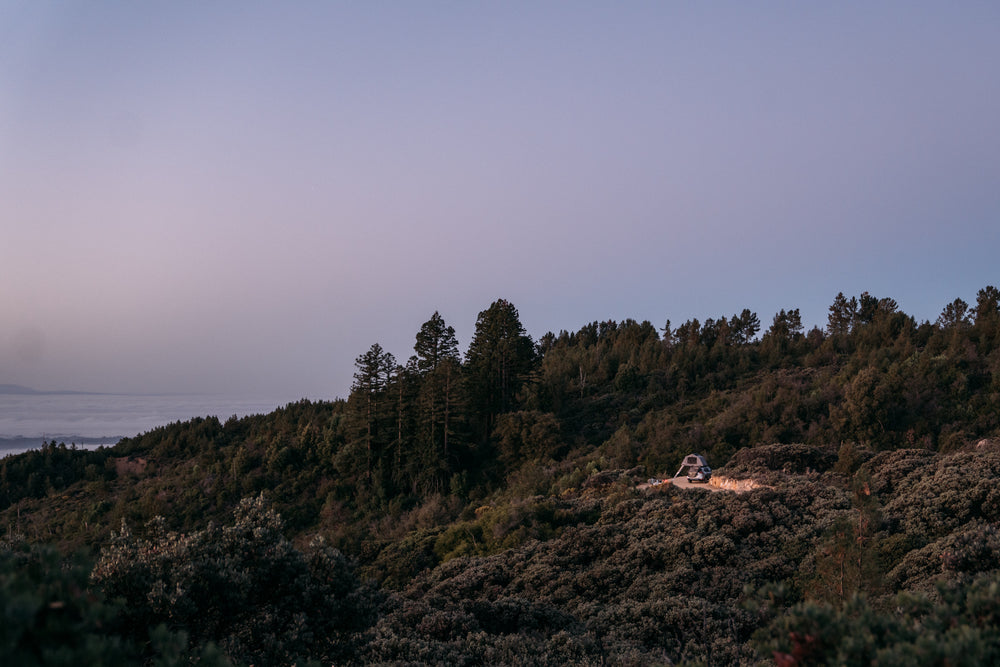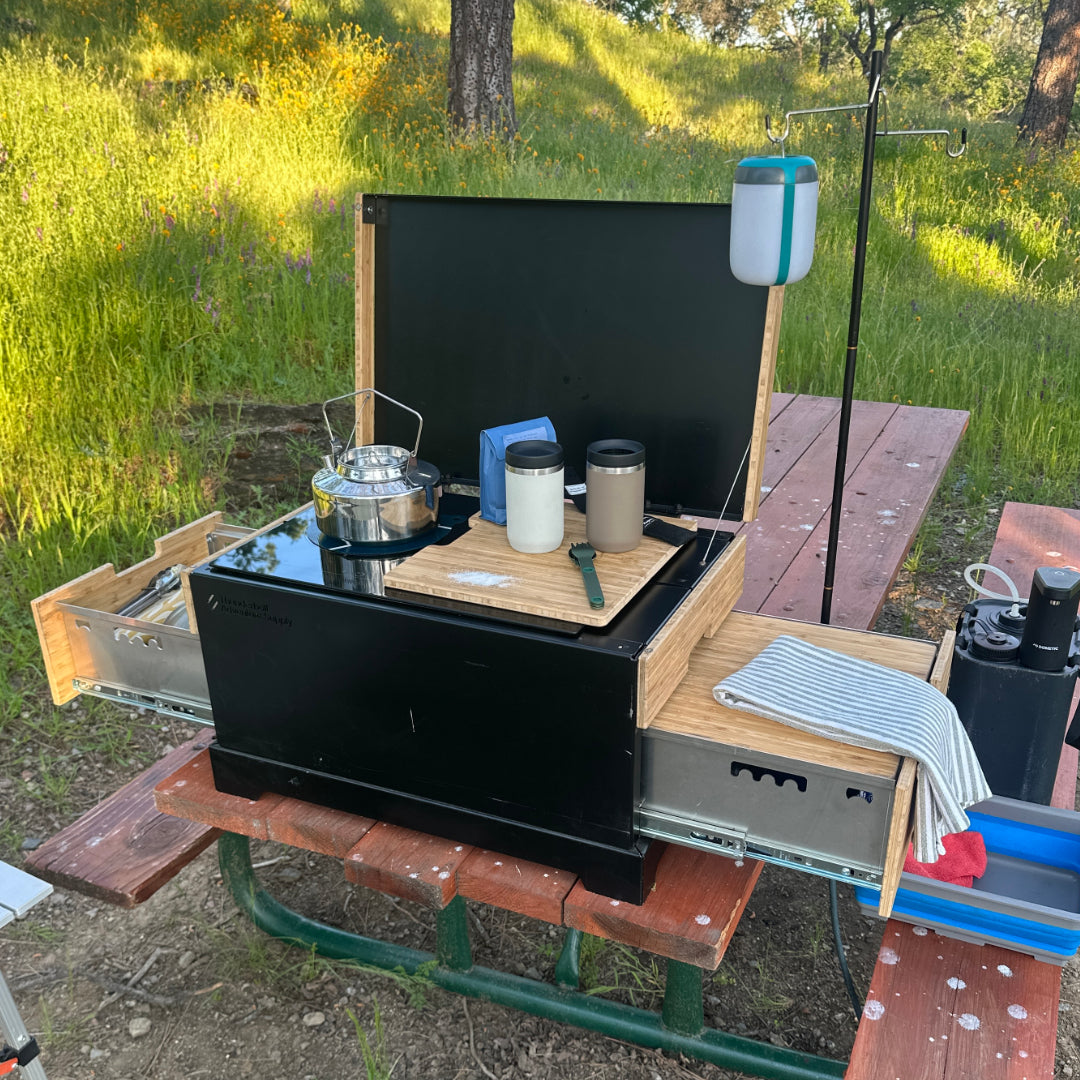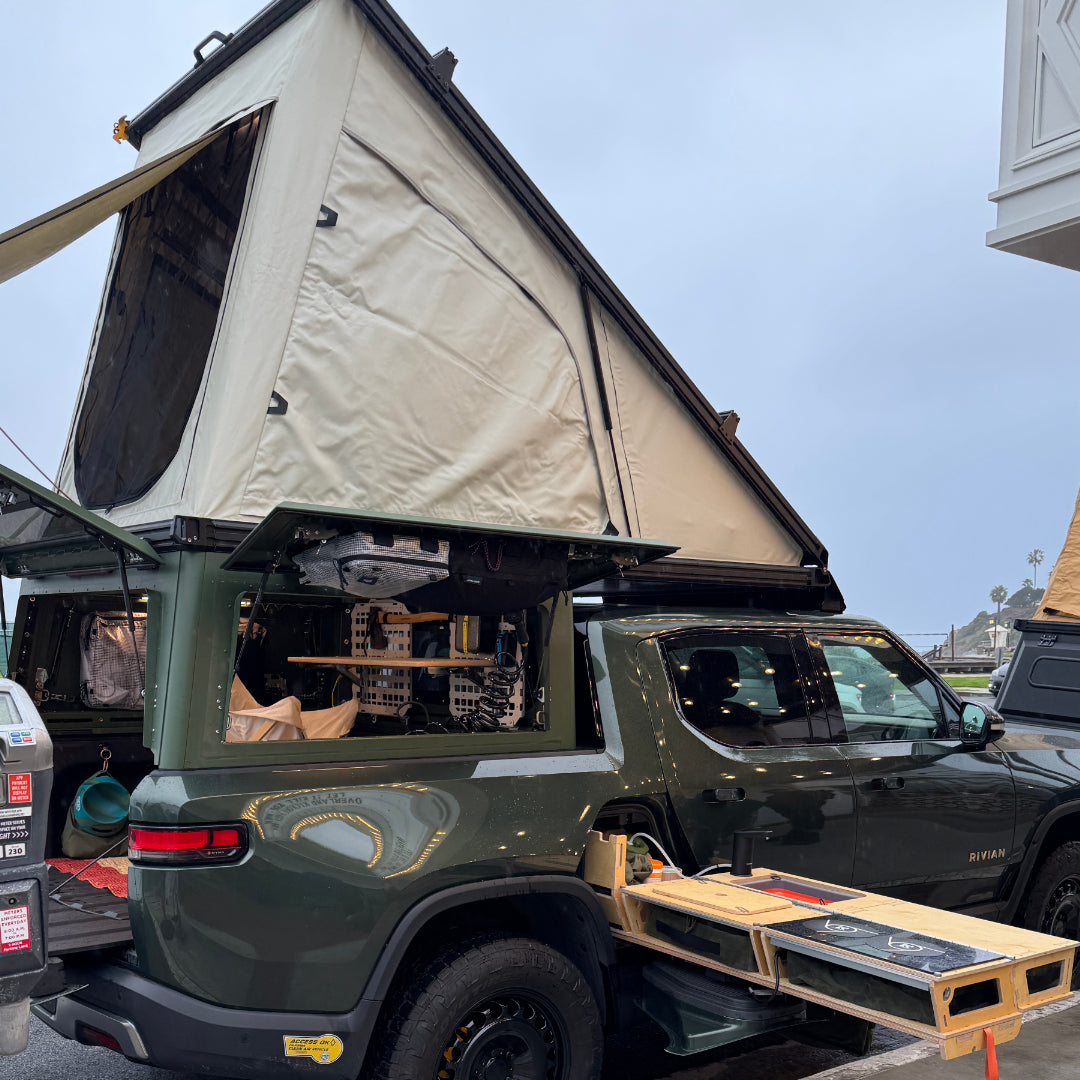Earth Day: A Reminder That Big Changes Are Possible

This year marks the 55th Earth Day. What began as a series of campus teach-ins helped spark the modern environmental movement. At the time, conservation efforts largely focused on protecting special places—national parks, wildlife refuges, remote forests. But Earth Day shifted the focus to protecting the whole environment: the air we breathe, the water we drink, and the systems we all rely on.
In the decade following that first Earth Day, sweeping environmental reforms reshaped public awareness and policy. The creation of the Environmental Protection Agency, along with landmark legislation like the Clean Air Act, Clean Water Act, and the Endangered Species Act, marked a turning point in how we cared for the planet.
And those changes worked. Acid rain once threatened forests hundreds of miles from the source of the pollution, but regulations limiting sulfur dioxide and nitrogen oxide emissions virtually eliminated the problem. DDT was banned, and bald eagle populations dramatically rebounded. Lead was removed from gasoline, and levels of this neurotoxin in people’s blood dropped dramatically.
We recount these victories to remind ourselves: big, meaningful change is possible when we work together.
Today, we face another defining challenge—climate change. The renewable energy transition, combined with the electrification of both transportation and home energy systems, is vital to tackling the crisis head-on.
That’s part of why we drive an R1T. We’re a one-vehicle family (not counting bikes), and it needs to do it all. The Rivian was the first electric vehicle that truly fit the bill, and three years later, we’re still thrilled with the decision. While we don’t have solar panels on our home (yet), we opt into the “SuperGreen” 100% renewable electricity program offered in our city. And when we’re on the road, we’re happy to charge at Rivian’s 100% renewable-powered charging network.
Our approach to product design also reflects our environmental values. We build gear that’s made to last—durable, repairable, and built with minimal plastic. We prioritize renewable materials like bamboo, and we intentionally design the storage systems in the Overland Kitchen and the Field Kitchen to work with cooking gear you already have. It’s frugal, flexible, and keeps waste out of landfills. And by making it easier to camp with your EV, our products help you skip the second gas-powered vehicle altogether.
Every day is a chance to tread a little lighter. We’re proud to be part of a growing movement that believes in better solutions—for our adventures, and for the planet.
